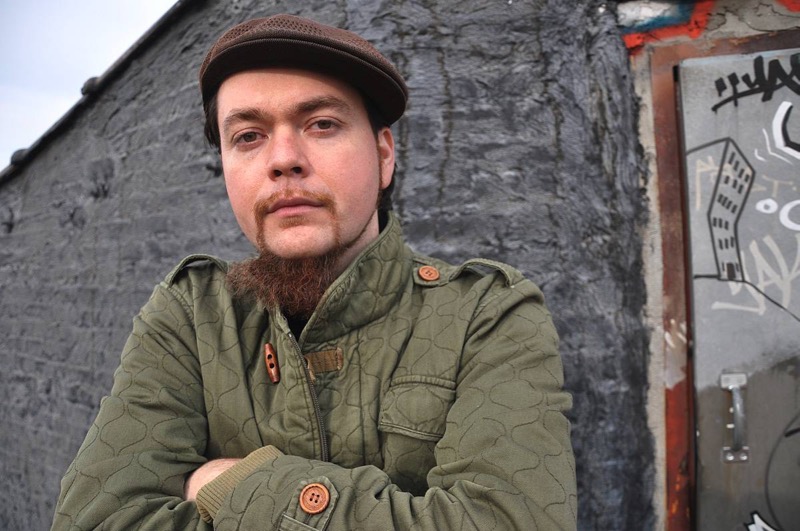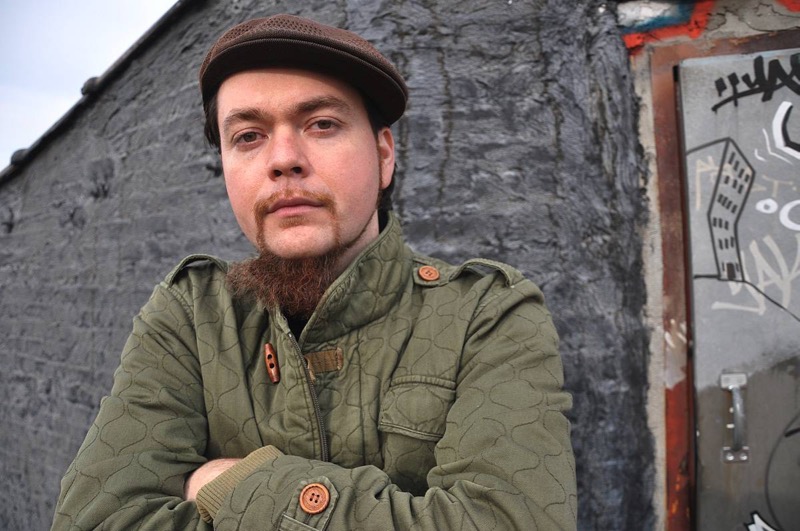
[caption id="attachment_64175" align="alignnone" width="800"] Baba Israel[/caption]
Baba Israel[/caption]
By Emily J. Weitz
This weekend at the Southampton Arts Center, the people who bring us the Bay Burger Jam Session invite hip-hop and spoken word artist Baba Israel to add a whole new dimension to their sound.
You were raised in New York, but it seems you’ve had a worldly influence from a young age. Can you talk about some of those influences?
My mother was from Australia, and my father from Brooklyn. They met in Amsterdam, when my father was on tour with a theater company. My mother joined the theater company, and they traveled all over the world. The first years of my life I was touring. But my parents eventually decided to stay in New York. Because they had traveled so much and were part of an international artistic community, I had a feeling that the world was much bigger than what I grew up with. Music has been a passport to travel to many countries and connect with different cultures.
How does spoken word and hip hop offer you an opportunity to express yourself in a unique way?
I grew up in New York City, the birthplace of hip hop. My father was a poet, and I grew up with a lot of jazz. I grew up around a lot of storytellers, theatrical people, so at an early age I realized that you could communicate, sometimes more effectively, through creativity. You could sum up a complex idea in a poem or a rap. You could make a connection. That’s the most important thing to me as an artist is connecting to the audience. It’s not just about me. I learned that from spoken work and hip hop. Music is about community and creating a space of exchange. A way not to feel isolated and alone. To feel that you’re a part of something bigger than yourself. Life can be stressful and challenging, and creativity is a way to process what’s going on around you. When I perform it energizes me and the audience.
You talk about music as always being a communal experience, but what makes hip hop uniquely communal?
There’s an idea called zypher. You make a circle, and then there’s no audience and everyone is a participant. Everyone is contributing. My experiences in hip hop are not always on stage but in a giant circle. Some people are dancing, some are rapping, some are beat boxing. That’s one thing that makes hip hop a little different.
You grew up in the jazz clubs of Manhattan. With this collaboration with the Jam Session at Southampton Arts Center, you’ll be diving back into the world of jazz. How does that melding of genres work for you?
It’s very important for me. I consider jazz a teacher of hip hop. You have jazz, reggae, funk and soul. Jazz is an ultimate teacher: it balances improvisation and structure and rhythmic complexity. When I freestyle, I am making up the lyrics spontaneously. When a sax player take s a solo and plays complex, beautiful, melodic lines, they can do that because they studied and trained. But in some way you also have to jump off the cliff. What’s so special about collaborating with a band is it’s all live, in the moment. A trumpet player might take a solo and I will be feeding off the energy and performance of that trumpet player.
This performance is called Baba Israel and Friends. Have you worked with all these musicians before?
Some of these musicians I know, but a lot I’ll be meeting for the first time. That’s what I love about music: you have a common language. I can say we’ll all be friends by the end of the night.
Baba Israel and Friends take the stage at Southampton Arts Center (25 Jobs Lane in Southampton) at 7pm on Saturday, May 20. Tickets are $15. Go to southamptonartcenter.org for more information.